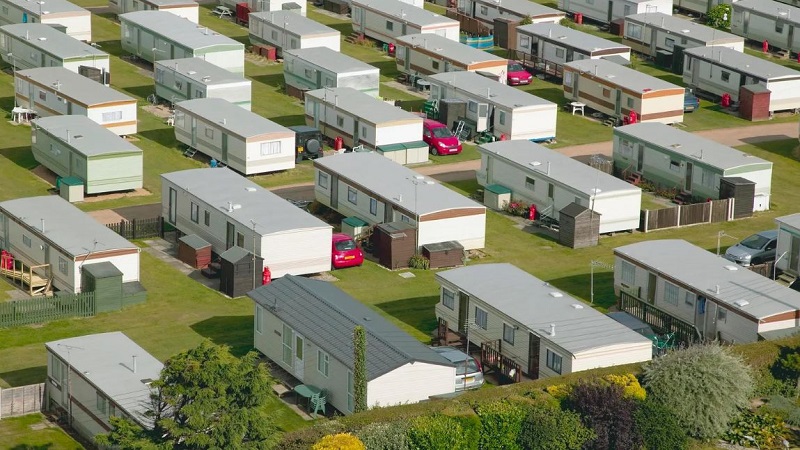The sale of a mobile home park can be an unsettling event for both park residents and potential buyers. It has a significant impact on the community, property values, and the future development of the land. Understanding the potential outcomes and the processes involved can help residents, park owners, and prospective buyers navigate this transition effectively. This article breaks down what happens when a mobile home park is sold, providing insights into the effects on tenants and the key factors to consider.
1. Notification of Residents
When sellers sell a mobile home park, state and local regulations often require them to notify residents in advance. Regional legislation determines the notice period, and sellers usually provide residents with information regarding their rights, relocation assistance, and other relevant changes. This process ensures transparency and allows residents to prepare for potential relocation.
2. Lease Agreements and Legal Protections
Mobile home park residents often have lease agreements that provide some protection during and after a sale. Some states have laws protecting tenants from immediate eviction, while others ensure leases remain in place for a specific period. Understanding state regulations and individual lease terms is crucial for residents to gauge how the sale affects their residency.
3. Potential Rent Increases
New owners may consider increasing rent or adding fees to improve profitability, but rent control laws, if present, often regulate these adjustments.. Residents must understand these regulations and any proposed rent changes to prepare financially or negotiate with the new owner.
4. Relocation Assistance
In some cases, new owners may opt to change the park’s purpose or redevelop the land for a different use. If residents are required to relocate, local and state laws might mandate relocation assistance, which could include financial compensation or logistical support. This is particularly vital for low-income families or elderly residents who might struggle with sudden relocation costs.
5. Opportunities for Resident Ownership
In some jurisdictions, officials give residents the right to form a cooperative or a homeowners’ association and collectively purchase the park before another buyer acquires it. This empowers residents to control their living situation, manage rent prices, and decide on any future park improvements or changes.
6. Property Improvements and Regulations
New ownership could mean a revitalization of the park, with investment in infrastructure, common areas, and facilities. However, new owners are also responsible for maintaining compliance with health, safety, and housing regulations, often subjecting them to strict inspections and community standards.
7. The Future of the Community
A change in ownership often brings uncertainty about the future of the park. Residents might face new management styles or community rules that could affect their way of life. Understanding the intentions of the new owners and any upcoming changes is crucial for residents to make informed decisions about their future in the park.
Conclusion
The sale of a mobile home park is a significant event with potential impacts on both residents and new owners. Residents should be proactive in understanding their rights and seeking assistance if necessary. At the same time, potential buyers should be aware of the responsibilities and challenges associated with managing or redeveloping these communities. Ultimately, open communication between all parties and adherence to regional regulations can help ensure a smooth transition and minimize disruptions to residents’ lives.
